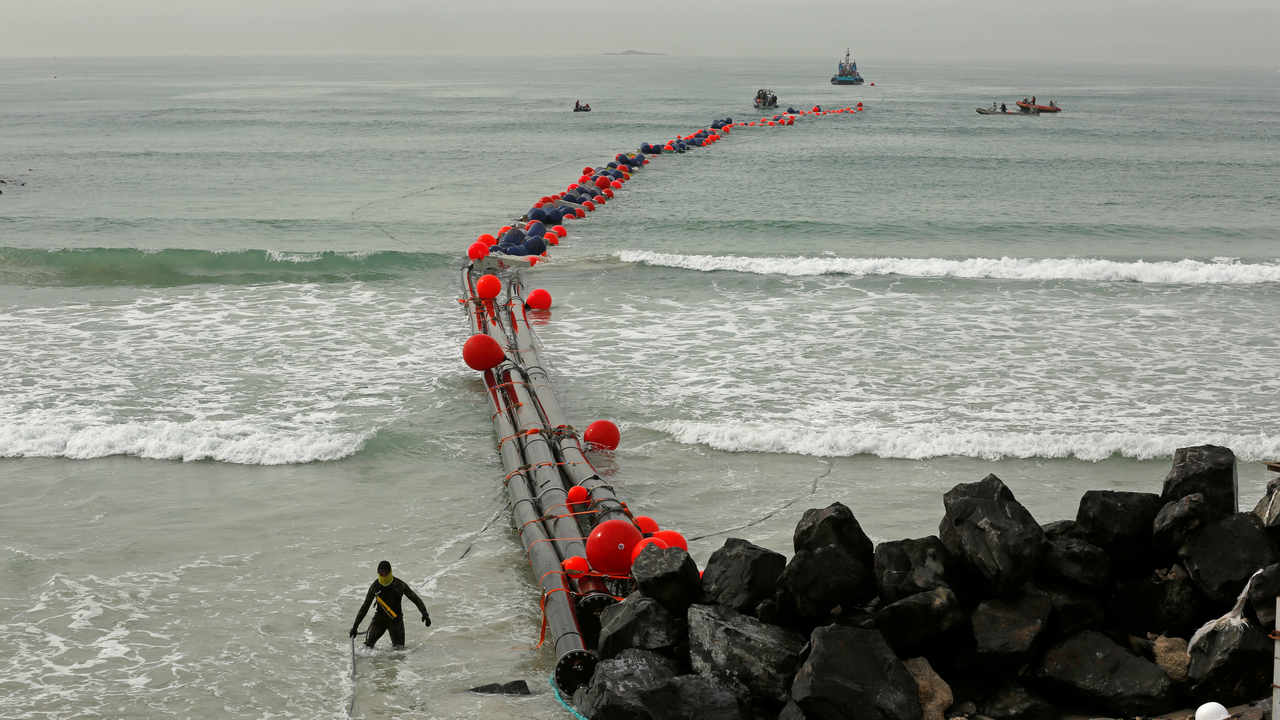11 Dec 2024

Tired Earth
By The Editorial Board

Desalination plants across much of the world perform a vital function: they provide freshwater in areas without any or much of it. It turns out, however, that the process comes with more harm to the environment than previously thought.
Each day the nearly 16,000 desalination plants worldwide, a new U.N.-sponsored study has found, generate 142 million cubic meters of extra-salty brine, which is often pumped directly into marine environments. That figure is 50% more than previous estimates. In return, 95 million cubic meters of fresh water is produced daily.
In other words, for every liter of freshwater produced desalination plants discharge an average of 1.5 liters of brine, albeit local conditions and the technologies involved can influence outcomes significantly. All in all, 51.8 billion cubic meters of brine is produced annually, which would be enough to cover Florida under 30.5cm of brine, the study’s authors note. To make matters worse, toxins used in desalination, such as chlorine and copper, are also routinely released from plants.
A whopping 55% of global brine is produced in only four Middle Eastern countries with few freshwater sources: Saudi Arabia (22%), United Arab Emirates (20.2%), Kuwait (6.6%), and Qatar (5.8%). Local plants tend to rely on thermal desalination technologies that produce four times as much brine per cubic meter of clean water as plants relying on river water membrane processes.
Almost four-fifths of brine is produced by plants situated within 10km of coastlines, which means that untreated waste in the form of salty brine is pumped back into the sea. Increased salinity and toxic chemicals pose grave threats to costal marine environments, the study’s authors stress. Brine can reduce oxygen levels in seawater near desalination plants, affecting shellfish, crabs and other marine organisms.
“Brine underflows deplete dissolved oxygen in the receiving waters,” says the study’s lead author Edward Jones, an expert at Wageningen University in the Netherlands. “High salinity and reduced dissolved oxygen levels can have profound impacts on benthic organisms, which can translate into ecological effects observable throughout the food chain.”
Source : www.sustainability-times.com
Comment